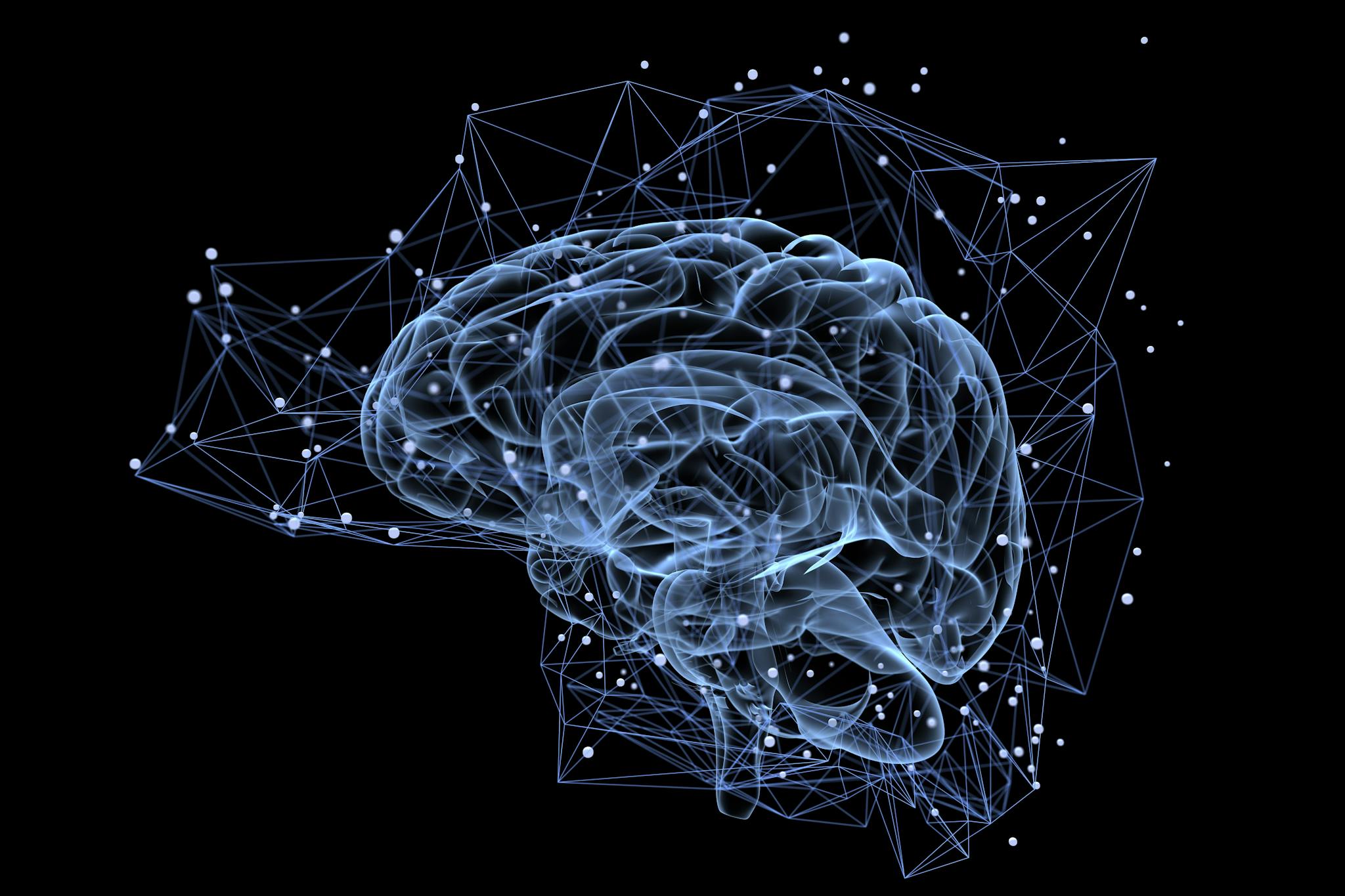Narcolepsy is a chronic sleep disorder that causes sudden, overwhelming attacks of daytime drowsiness or sleep. It can also make staying awake for a significant period of time very difficult.
There is no cure for narcolepsy, and it can be accompanied by a condition called cataplexy—a sudden loss of muscle tone that leads to loss of control and general weakness. However, the right medications and lifestyle adjustments can help manage symptoms and make daily life easier for people with narcolepsy.
-
Symptoms & Complications
- Symptoms of narcolepsy usually begin between ages 10 and 25. In some cases, symptoms are worse in the beginning stages before settling into a pattern that will last for the remainder of life. Be sure to speak with a healthcare professional about any symptoms you may be experiencing.
- These include:
- Daytime sleepiness: Patients with narcolepsy can fall asleep suddenly and without warning, even if you’re in the middle of a task or conversation. General decreases in alertness throughout the day are also common, and many people first notice their symptoms through an inability to concentrate.
- Sleep paralysis: This is a temporary inability to move or speak while falling asleep, or just after waking up. Sleep paralysis is more common in people with narcolepsy, and while it usually only lasts a few seconds, it can be scary and disorienting. Not all cases of sleep paralysis signal narcolepsy, however, and vice versa.
- Cataplexy: Cataplexy is a related condition involving the sudden loss of muscle tone. It can lead to slurred speech, intense emotions and uncontrollable physical movements. The frequency of cataplexy—in patients that have it—may vary among cases of narcolepsy.
- Hallucinations: Called hypnagogic hallucinations if they occur while falling asleep and hypnopompic hallucinations if they occur while waking up, hallucinations are vivid and can be frightening.
- Other sleep problems: Conditions like sleep apnea, restless leg syndrome and insomnia can also affect people with narcolepsy.
There are a few complications involved with narcolepsy, most of which relate to social or physical results of the condition:
- Sleep attacks: People with narcolepsy may pose a danger to themselves and others, especially while driving a car or operating heavy machinery.
- Obesity: People with narcolepsy have a higher likelihood of obesity.
- Relationship problems: Because of the anxiety and social problems that come with narcolepsy, and low sex drive or impotence often caused by narcolepsy, relationship issues are common. Intense feelings associated with close relationships can trigger narcolepsy or cataplexy, so some people are more withdrawn about these emotions.
- Lack of public understanding: It’s common for people who have not experienced narcolepsy (or known anyone who has) to misunderstand the condition. Within the professional world, you may be branded as lazy. Performance may be impacted for many people.
Causes
The precise cause of narcolepsy is not known, and doctors think there could be several causes. One factor that may play a role is a chemical called hypocretin, which regulates REM sleep and general wakefulness in the brain. Hypocretin levels are commonly low in people who experience cataplexy. In addition, some research shows that exposure to the swine flu virus and certain swine flu vaccines in Europe may increase the likelihood of narcolepsy. Genetics may also play a role in some cases.
Narcolepsy Treatment
There is no cure for narcolepsy, but there are several medications that can help:
- Stimulants: The primary treatment for narcolepsy, these are drugs that stimulate the central nervous system and attempt to keep people awake during the day.
- SSRIs or SNRIs: These stand for selective serotonin reuptake inhibitors (SSRIs) and serotonin and norepinephrine reuptake inhibitors (SNRIs), which are drugs that suppress REM sleep and reduce the symptoms of cataplexy, hypnagogic hallucinations and sleep paralysis.
- Tricyclic antidepressants: These antidepressants are great for cataplexy, though they may come with intrusive side effects.
- Sodium oxybate: A very effective medication for cataplexy. Sodium oxybate is meant to improve sleep during the night, a factor that can affect narcolepsy. There may be serious side effects, though.
For each of these medications, speak with your doctor in advance to make sure they’re safe for you. Ask how they might interact with any other health conditions you may have.
Many patients with narcolepsy find that certain lifestyle habits can help manage symptoms. These include:
- Naps: Scheduling short naps for about 20 minutes at a time during the day can help reduce sleepiness and increase general awareness. The length of proper naps may vary.
- Scheduled sleep: In general, scheduling is great when it comes to sleep. Try to wake up and go to sleep at the same times every day, regardless of the day of the week or any specific activities.
- Exercise: Getting regular exercise several hours before bed can help with sleep at night and feelings of awakeness during the day.
- Avoidance of alcohol and nicotine: Both these substances can exacerbate symptoms.
Support and Coping Mechanisms
Narcolepsy can be a difficult disease to manage from an emotional standpoint. Your own emotions and a general lack of public understanding can make coping with the disease difficult.
Seek help if you are struggling, and if a loved one has a diagnosis, be on the lookout for them. Talking about the condition and how it makes you feel can help a lot, and it can also help inform others—coworkers, teachers, parents and others. Take safety precautions, including a medication schedule that will allow you to drive and accomplish other tasks with less risk of falling asleep. If needed, look to support groups and counseling for narcolepsy.
Our neurologists are trained specialists and work with your primary care physicians to develop a treatment plan personalized for you. We have access to the latest in imaging technology and our specialists are up to date on the most recent treatment options.
Sources:
“Narcolepsy.” National Sleep Foundation. https://sleepfoundation.org/narcolepsy/content/what-narcolepsy
“Narcolepsy.” The Mayo Clinic. http://www.mayoclinic.org/diseases-conditions/narcolepsy/basics/definition/con-20027429“]





